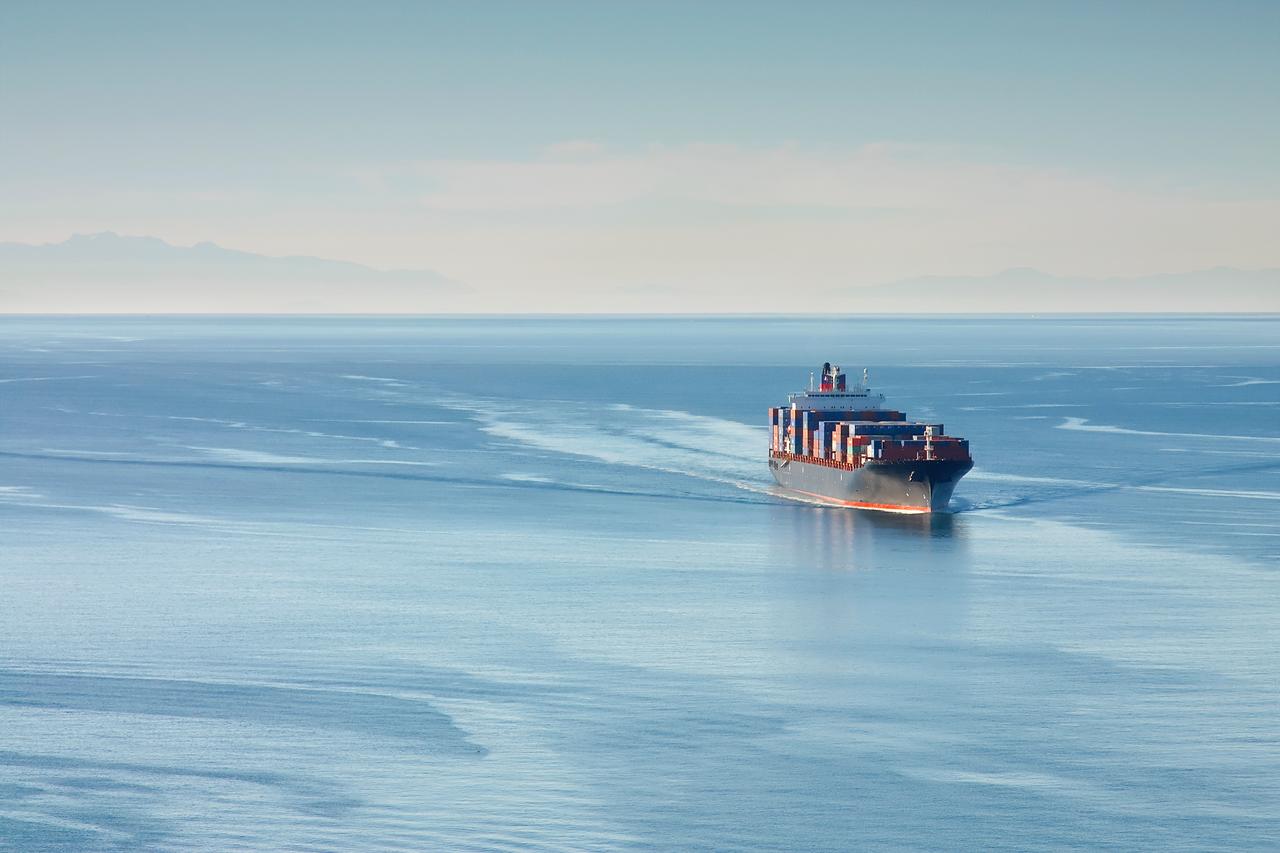Our ambitious goals are backed by a well-defined strategy.
.jpg?width=2000&height=1400&name=Untitled%20design%20(8).jpg)
Short-Term
In the short term, from today to 2030, fuel efficiency of the existing fleet will be optimized, and the use of biofuels will be increased. New, fuel-efficient vessels will be introduced gradually.
The envisaged fleet efficiency program contains three main targets:
- Optimization of logistics and use of digitization solutions,
- Onboard measures to reduce fuel consumption,
- Use of renewable fuels and new, more fuel-efficient vessels capable to operate on renewable fuels.

Medium-Term
This period will be characterized by a broader fuel mix in which renewable e-fuels will establish themselves dynamically.
The fuel mix relevant to Unifeeder will consist of the various fuel pathways. While traditional fossil fuels will be still used, they will be increasingly blended with biofuels. Renewable forms of methane, methanol and ammonia will increasingly be used on our dual fuel vessels.
When access to renewable fuels is secured, we will earmark vessels that are already prepared for a particular renewable fuel for conversion.

Long-Term
In the long term, from 2040, we see, with technically controllable use, e-ammonia as having the greatest potential to become the dominant fuel. With the assured availability and good accessibility of a dedicated renewable fuel, we as Unifeeder will focus on a smaller number of fuels.
We see great decarbonization potential in the use of electricity. Technological progress in batteries and fuel cells will increasingly bring these technologies and the use of electricity to the vessels.
Today, we have to assume that by 2050, vessels that are still powered by fossil fuels will have disappeared from our relevant market.
Stay updated
Sign up to receive news and updates
